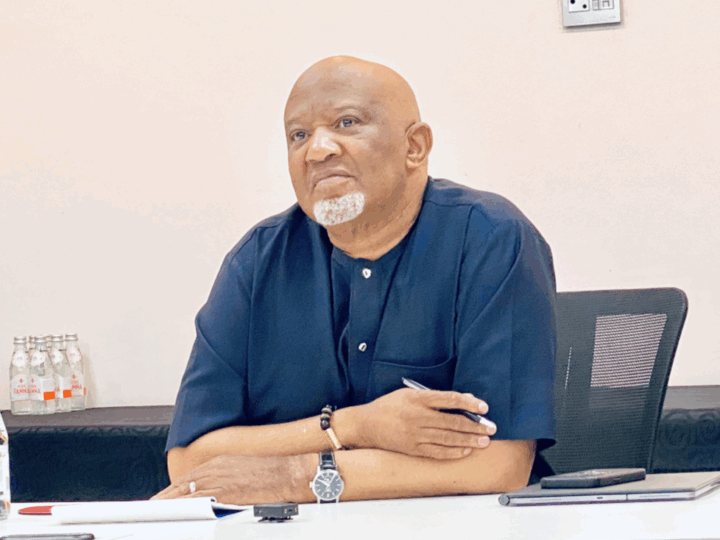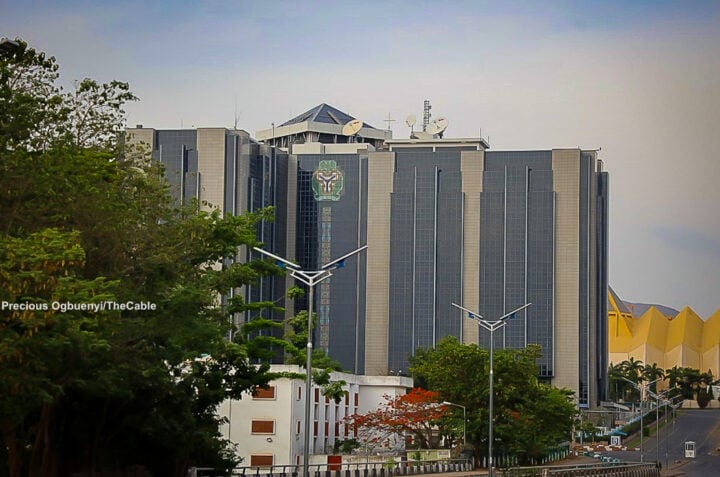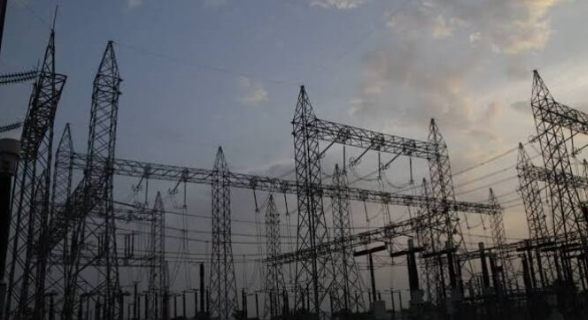Mcebisi Jonas, MTN Group chairman, has called for an urgent reset of Africa’s economic model, warning that continued dependence on commodity exports without building internal value chains leaves the continent vulnerable to global shocks.
Jonas spoke during an engagement with journalists in South Africa on Tuesday.
According to the telco chair, most African economies, including Nigeria, still operate on a “pit-to-port” model — extracting raw commodities for export without adding value locally.
He argued that the cycle has stifled industrialisation, job creation, and long-term growth.
Advertisement
“We must strengthen local value chains and strive towards meeting local demand more,” Jonas said.
“You can’t have local demand served only by imports. Africa is creative enough, and Nigeria in particular has the talent and resources to drive this shift.”
Jonas said Africa’s development agenda requires a shift away from dependence on commodities towards building industries that process raw materials, deepen manufacturing, and stimulate consumption within domestic markets.
Advertisement
He noted that while diversification has been a recurring policy theme across the continent for decades, implementation has been slow, leaving economies exposed to external pressures.
Jonas also stressed the role of media in driving this reset, urging journalists to go beyond “scandals” and push ideas that strengthen democracy, accountability, and economic progress.
“A continent without ideas is poor, even if its resources are immense,” he said.
“The media must be bold and patriotic, not loyal to political parties, but loyal to the people and development.”
Advertisement
‘AFRICA’S SLOW ENERGY REFORMS UNDERMINING GROWTH, LOCAL VALUE CHAINS’
Jonas said the slow pace of energy reforms across Africa is stifling economic growth and leaving the continent vulnerable to external shocks.
He said that despite decades of debate about diversification, many African economies remain overly dependent on commodity exports with little progress in building local value chains.
“We are still operating on a pit-to-port model. You dig, you export, and you get nothing in terms of value creation. The essence of diversification has been spoken about for over 60 years, but in truth, it has not happened,” the chairman said.
Advertisement
Jonas, who was a former deputy finance minister of South Africa, added that Africa must reset its development model, stressing the importance of strengthening internal supply chains and serving local demand through domestic production rather than imports.
“The continent is rich in resources and talent. What we need is to use both to strengthen local value chains and actually meet local demand. You cannot continue to have local demand served largely by imports,” he said.
Advertisement
Beyond energy, the chairman warned that Africa faces risks from weak political parties, shallow democratic accountability, and the growing influence of social media in shaping electoral outcomes without robust philosophical underpinnings.
Jonas also underscored the role of the media in fostering accountability and building a conscious citizenry capable of holding leaders to account.
Advertisement
Speaking about Nigeria, he said he welcomes recent developments such as the Dangote refinery, which he said could transform the country’s trade position if properly managed.
Also, the chairman added that multinationals like MTN must play a bigger role beyond profit-making by embedding themselves in national development agendas.
Advertisement
“We don’t see ourselves as a foreign company. We are a pan-African multinational. We share in the fortunes and misfortunes of the countries where we operate,” he said.
Jonas further warned that geopolitical shifts and the weaponisation of trade are reshaping the global economy, making it imperative for African nations to adapt by building resilience at home.








